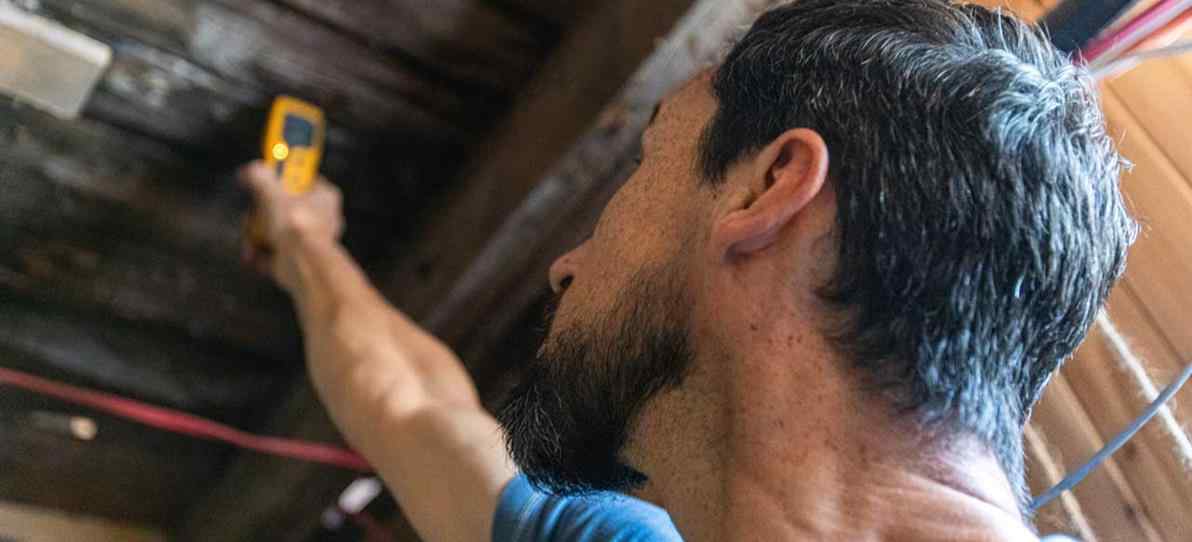I’ve seen my fair share of homes and heard too many stories of buyers getting stung by unexpected repair bills. That’s why I’m here to share some insider tips on how to save money on building inspections, without cutting corners on quality.
Understanding the Basics of Building Inspections
Why Building Inspections are Essential
Think of a building inspection as a health check for your potential new home. It’s about making sure the structure is sound, there aren’t any hidden pest problems, and that the electrical and plumbing systems are up to scratch. Trust me, knowing what you’re getting into can save you a fortune down the line.
What Inspectors Look For
In my experience, the major deal-breakers often lie in the foundations and the roof. If these aren’t right, you’re looking at major expenses. I once inspected a house that looked perfect on the surface but had serious termite damage in the attic. That discovery saved the buyers thousands.
Select the Right Inspector
Research is Key
Don’t just pick the first inspector you find. Look for someone with solid credentials and good reviews. Remember, cheaper isn’t always better. I recall a client who went with a budget inspector and ended up overlooking a major plumbing issue. It cost them dearly later on.
Comparing Prices and Services
Get a few quotes and compare. Sometimes, inspectors offer packages that include pest inspections, which can be more cost-effective.
Know When to Inspect
Timing Your Inspection
Consider the age and type of property. For older homes, you might want to schedule an inspection before making an offer, as these can have more hidden issues.
Pre-Auction Inspections
If you’re buying at auction, get an inspection done beforehand. This gives you a clear picture of what you’re bidding on and can be a powerful tool in your negotiation strategy.
Combining Inspections
Bundling Services
A combined building and pest inspection can often be cheaper than two separate ones. Just make sure you’re not compromising on the thoroughness of either inspection.
DIY Preliminary Checks
Simple Checks You Can Do
Before calling in the pros, take a look around the property yourself. Check for obvious signs of damage like cracks in the walls, mold, or uneven floors. These can be indicators of bigger problems.
Knowing Your Limits
While it’s great to do a preliminary check, don’t rely solely on your findings. Professional inspectors are trained to spot things that most of us would miss.
Negotiating Inspection Fees
Shop Around and Negotiate
Don’t be afraid to negotiate the price. If you’ve received a lower quote elsewhere, mention it. However, remember that the cheapest option might not always be the best.
Utilizing Inspection Reports
Making the Most of Your Report
Use your inspection report as a bargaining tool. If there are issues, you can often negotiate the price down or ask the seller to fix them before purchase.
Prioritizing Issues
Understand that not all issues are deal-breakers. Some might be easy fixes. It’s about knowing which ones are serious and which ones can be handled over time.
Long-Term Savings vs. Initial Costs
The Bigger Picture
Investing in a good inspection can save you a lot in the long term. I’ve seen too many cases where skimping on an inspection led to costly repairs down the line.
Conclusion
Building inspections are a critical part of the property-buying process. While it’s tempting to save money upfront, a thorough inspection can save you thousands in the long run. Use these tips to make informed decisions and balance cost-saving with quality assurance.
Remember, your home is likely one of the biggest investments you’ll make. It pays to know exactly what you’re getting into. Stay informed, choose your inspector wisely, and don’t shy away from negotiations. Here’s to finding your dream home without any nasty surprises!

Leave a Reply